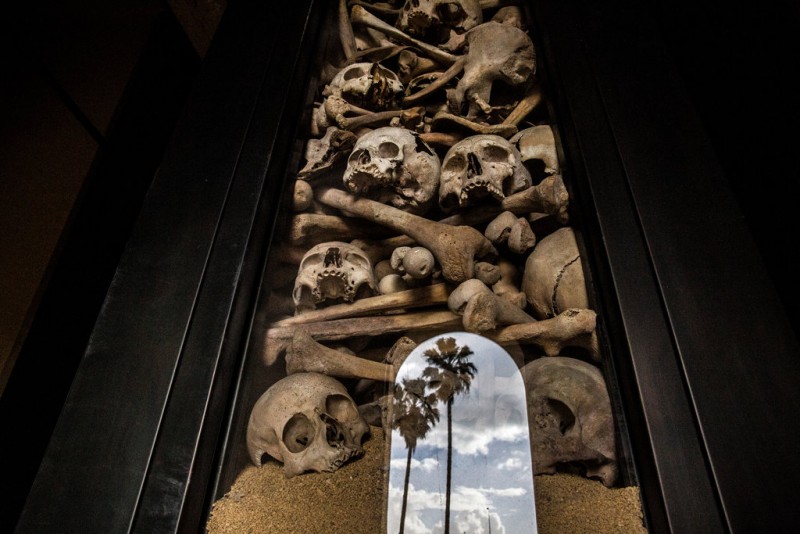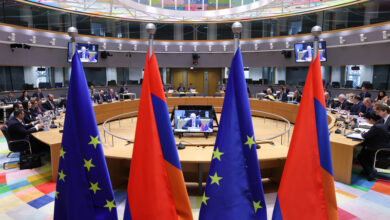A century after Armenian Genocide, Turkey’s denial only deepens: New York Times

Nearly 1.5 million Armenians died at the hands of the Ottoman Empire in 1915, during World War I. Turks by and large do not believe mass killings were planned, Tim Arango writes in an article published by the New York Times.
According to the author, “the genocide was the greatest atrocity of the Great War. It also remains that conflict’s most bitterly contested legacy, having been met by the Turkish authorities with 100 years of silence and denial. For surviving Armenians and their descendants, the genocide became a central marker of their identity, the psychic wounds passed through generations.”
He says, however, that even now, Turkish textbooks describe the Armenians as traitors, call the Armenian genocide a lie and say that the Ottoman Turks took “necessary measures to counter Armenian separatism.” A room at the Istanbul Military Museum is devoted to the suffering of Muslims at the hands of Armenian militants.
Presidential candidates, including Mr. Obama, have used the word “genocide” on the campaign trail. But no sitting president has uttered it (President Ronald Reagan did issue a written proclamation in 1981 in remembrance of the Holocaust that referred to the “genocide of the Armenians.”) With the coming anniversary, Mr. Obama is coming under added pressure to use the word “genocide” during his customary, annual statement April 24.
“Experts say Mr. Obama’s decision this year will be complicated by United States efforts to secure more cooperation from Turkey in the fight against the extremists of the Islamic State, also known as ISIL or ISIS, in Iraq and Syria,” the author concludes.








